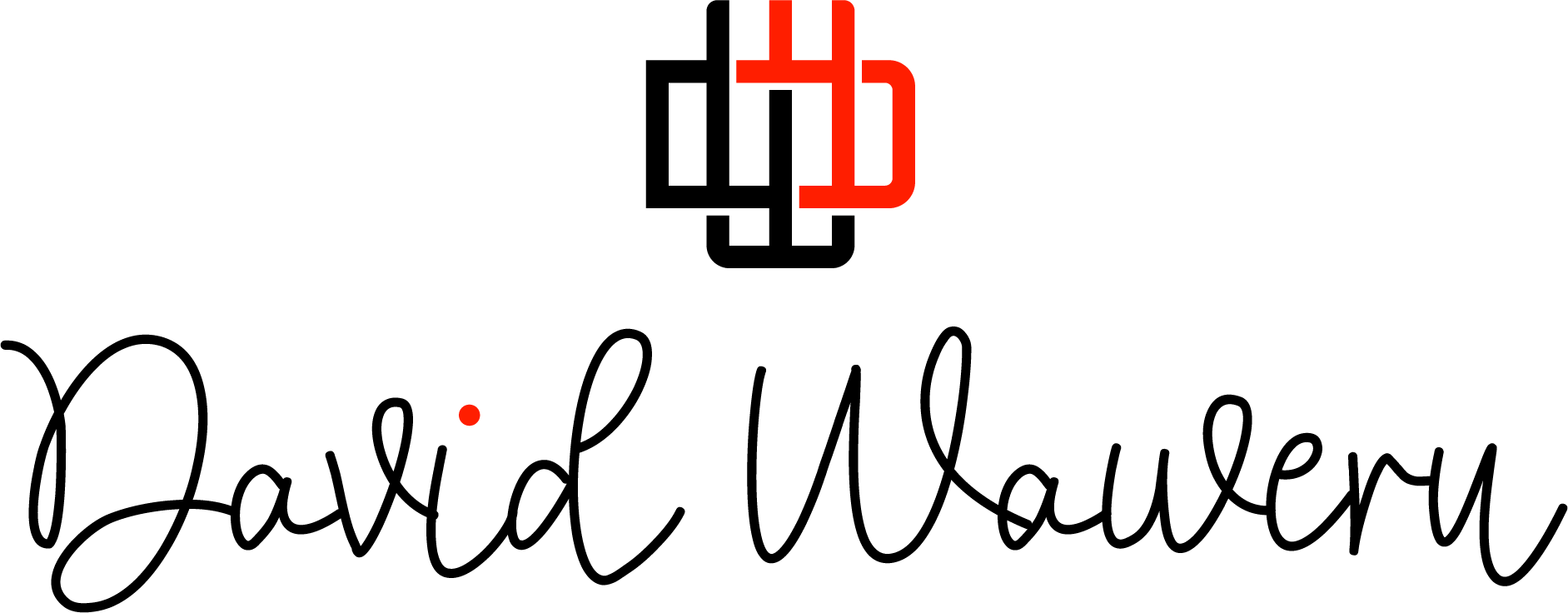“Action is a great restorer and builder of confidence. Inaction is not only the result but the cause, of fear.” ―Norman Vincent Peale
In one of the most memorable scenes from the film Lawrence of Arabia, Lawrence and a fellow traveler are resting by a well in the desert. All is peaceful until their serenity is disturbed by a tiny dot, just barely visible on the horizon, that seems to be approaching. Could it be a mirage? They watch for what seems like eons in deafeningly eerie silence. The dot, now a specter shimmering in the heat, grows larger as it approaches, but they still can’t make it out. Their curiosity holds them. They watch and wait. Silent. Unsure what to do. For too long.
Eventually, the object is recognized as a man approaching on a camel. Who is he?
Lawrence’s fellow traveler, suspecting that something terrible is about to happen, reaches for his revolver. Before he can fire it, the rider shoots him.
“He’s dead.” The rider’s stolid words as he disembarks from his camel and stands over the body.
“Yes… why?” Lawrence says.
“This is my well…”
Watching this scene, you can’t help but feel that Lawrence and his companion should react sooner. “Do something!” you want to yell into their gawping inaction. You feel like the annoying person in the movie theatre who spoils it all for the other movie-goers by yelling instructions at the screen. Surely their gut tells them what yours does!
Has this ever happened to you? A real-life situation where you have a slowly growing realization of impending doom, but you feel like you have been frozen motionless. Until it’s too late? Of course, hindsight is 20-20, but when we take too long to understand emerging patterns or situations, they continue to evolve. And because of our inaction, paralysis sets in. Perhaps we overthink the implications of any action, or maybe inaction simply breeds fear. Whatever the case, the situation grows larger. We get overwhelmed.
Think of Lawrence and his companion. Why didn’t they have a quick talk about the situation? Quickly brainstorm a plan of action? Could they have ridden away? Offered words of peace or surrender? At the very least, their actions would have been reasoned, rather than a panicked last-minute reaction.
In a panic, we may finally do something. Anything. With disastrous consequences. And like Lawrence, when it’s all over, we can only wonder, why?
Your Connecting the Dots Workout
* Acknowledge it: Pay attention to the signs and to your gut instincts. Recognize and acknowledge a situation that may be heading downhill.
** Talk it out: Run it by someone you trust. This will give you an opportunity to confirm your instincts and perhaps to brainstorm a course of action.
*** Take action: Do something, not in a panicked reaction, but after thinking it through. Even a small initial action that helps your situation may get you over the inertia you may be experiencing.
Blue Skies,
David





